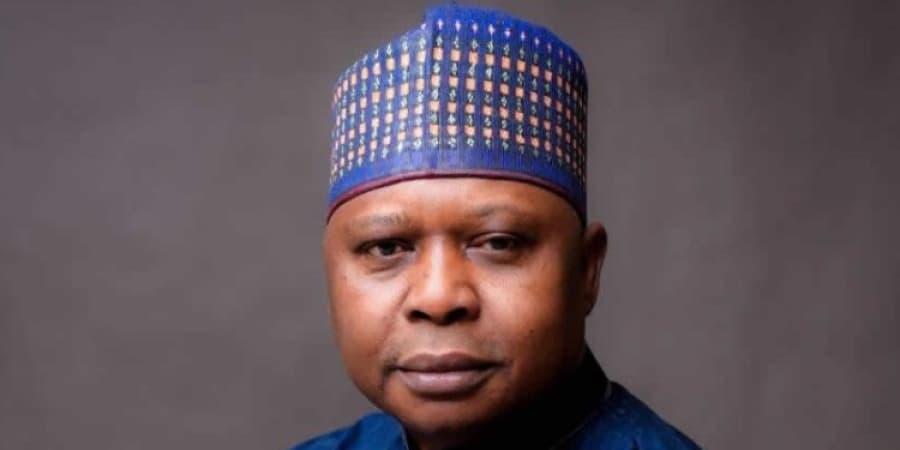
Kabir Tanimu Turaki SAN, prospective PDP National Chairman
Following latest developments, former Minister of Special Duties, Kabir Tanimu Turaki (SAN), may emerge as the next national chairman of the Peoples Democratic Party (PDP) at its national convention scheduled for November 15 and 16 in Ibadan, the Oyo State capital.
Turaki’s potential emergence followed his endorsement as the consensus candidate by the northern leaders of the party, including its governors, after a series of meetings to balance internal zoning and stabilise the opposition ahead of the convention.
The Chairman of the National Convention Organizing Committee and Governor of Adamawa State, Ahmadu Fintiri, who announced the decision, said that while the governors and stakeholders had agreed on Turaki, any aspirant dissatisfied with the consensus was free to contest.
However, in what has become a recurring pattern in the PDP since its loss of power in 2015, the consensus arrangement immediately sparked internal revolt. Some leaders of the party in the North West, Turaki’s home zone, have rejected the governors’ endorsement, accusing them of unilateral action.
Led by the party’s National Organizing Secretary, Umar Bature, and joined by stakeholders such as Mustapha Lamido, son of former Jigawa State governor Sule Lamido, the dissenting group argued that the governors did not consult the North West stakeholders before adopting Turaki as their candidate.
While this resistance adds a new twist to the PDP’s pre-convention intrigues, observers believe that with the full backing of the governors, Turaki’s emergence remains highly likely.
Yet, a former PDP governor from the North who spoke to Daily Trust on condition of anonymity said the grievance raised by the Bature-led group reflects a broader concern among many northern stakeholders.
“It is about following the standards and rules. Nobody is saying the governors and other leaders don’t have the right to meet and take decisions on behalf of the region, but what is expected is for such to follow the laid-down standards,” the former governor said.
“Let’s see how far this will go at the convention,” he added.
Addressing the discontent, Zamfara State Governor Dauda Lawal, the PDP’s only serving governor from the North West, said the disagreements were part of the normal political process and assured that efforts were ongoing to reconcile all aggrieved members before the convention.
“No matter what we do, some people will still be aggrieved. Even if we bring you, some people will say no, you have an issue. It is normal; it is part of politics. What we are doing is trying to bring everybody together in the interest of this party,” Lawal said.
“It is an ongoing process, and I can assure you that things will be okay. It is normal to have agitation. You can see we have gone through a lot in the past, and now things are getting better day by day. I am very optimistic that we will bounce back. In fact, we are already bouncing back.
“In the constitution of our party, there is a provision for consensus. So, there is nothing new. It is okay, it is normal, it is part of our constitution in the PDP,” he added.
Still, Turaki’s path to the chairmanship may hinge on whether the party overcomes the legal hurdles threatening the convention. A Federal High Court in Abuja has fixed October 30 to deliver judgement in a suit seeking to halt the convention. The case, filed by some state party chairmen believed to be loyal to the Federal Capital Territory (FCT) Minister, Nyesom Wike, an outspoken critic of the convention plan, has become a major test for the party’s unity and readiness for transition.
In addition, a forgery petition filed with security agencies by the party’s embattled National Secretary, Senator Samuel Anyanwu, another Wike ally, has added to the tension. Anyanwu alleged that his signature was forged on correspondence submitted to the Independent National Electoral Commission (INEC) notifying it of the convention. The party’s National Working Committee and Board of Trustees have denied the claim, insisting that Anyanwu voluntarily signed the documents. However, the outcome of the ongoing security investigation could still shape the fate of the convention.
If the PDP manages to surmount these twin legal challenges, Turaki is widely expected to emerge as the man tasked with steering the crisis-ridden opposition party away from the brink and repositioning it ahead of the 2027 general elections.
Who is Kabir Tanimu Turaki?
Although his selection came ahead of prominent figures such as former governors Ahmed Makarfi (Kaduna), Ibrahim Shekarau (Kano), and Sule Lamido (Jigawa), Turaki is no stranger to the PDP or national politics. He currently serves on the party’s Board of Trustees and has previously sought the party’s presidential ticket.
Born on April 3, 1957, in Birnin Kebbi, Kebbi State, Turaki is a legal luminary with a broad practice in constitutional law, election petition litigation, commercial arbitration, cross-border and international criminal law, intellectual property, oil and gas, and mergers and acquisitions, according to his personal website. He holds the distinction of being the first indigenous lawyer from Kebbi State and the first to attain the rank of Senior Advocate of Nigeria (SAN) from the entire North West.
Turaki was appointed Chairman of the Nigerian Copyright Commission (NCC) in 2012 by then-President Goodluck Jonathan. A year later, he was named Minister of Special Duties and Intergovernmental Affairs and also served as Supervising Minister of Labour and Productivity. Jonathan further entrusted him with chairing the Presidential Committee on Dialogue and Peaceful Resolution of Security Challenges in the North, popularly known as the Boko Haram Committee, a role that cemented his position among Jonathan’s trusted northern allies.
Since the PDP’s loss of power in 2015, Turaki has remained one of Jonathan’s closest northern associates, a connection that observers say might have been considered by the northern leaders and could work in his favour, especially as some party leaders are quietly urging Jonathan to consider a comeback in 2027.
Several efforts to obtain his comments were unsuccessful, as he had yet to respond to calls and messages at the time of filing this report.
His earlier attempt at the party’s presidential ticket
Turaki’s foray into national politics dates back decades, but it was his 2018 presidential ambition that first thrust him into the centre of PDP’s internal power dynamics.
In May 2018, Turaki formally declared his intention to run for the PDP’s presidential ticket ahead of the 2019 general elections. He announced his bid in Abuja, promising to offer “credible, competent and inclusive leadership” capable of uniting the country. His campaign was anchored on themes of national cohesion, rule of law and economic revival, ideals he said had been eroded by the ruling All Progressives Congress (APC).
The Kebbi State chapter of the PDP swiftly endorsed him, describing him as one of the most credible aspirants from the North. He appointed former Adamawa State governor, Boni Haruna, as the Director-General of his campaign organization and set up zonal coordination teams to reach delegates across the six geopolitical zones.
As the presidential primaries drew closer, Turaki emerged as one of the leading northern aspirants in a crowded field that included former Vice President Atiku Abubakar, Senate President Bukola Saraki, and former Kano State Governor Rabiu Musa Kwankwaso. His campaign emphasized his legal background, ministerial record, and reputation for consensus-building, qualities he argued were essential for repositioning the PDP after its defeat in 2015.
At the October 2018 PDP national convention in Port Harcourt, however, Turaki secured only 65 delegate votes, about 2.1 percent of the total, far behind Atiku Abubakar, who eventually clinched the ticket.
Following the 2019 polls, Turaki maintained his influence within the PDP as a member of the Board of Trustees (BoT) and chairman of the Former Ministers’ Forum, a body that interfaces with the party’s National Working Committee on strategic decisions.
Critics, however, point out that Turaki’s modest showing in his earlier presidential bid could limit his political influence among ambitious state power blocs. Yet his admirers argue that his calm temperament, loyalty to the party through turbulent years may be exactly what the PDP needs to reassert itself as a viable opposition.
His recent legal troubles
Outside of politics, Turaki has also made the pages of newspapers recently. In February, he was arraigned before a magistrate court in the Federal Capital Territory (FCT), Abuja, on charges including false marriage, adultery and criminal intimidation.
According to the First Information Report (FIR), the case stemmed from a petition dated 9 August 2024, which alleged that between December 2014 and November 2021 he “deceitfully induced a belief of lawful marriage” with a woman identified as Hadiza Musa Baffa, cohabited with her at hotels and other premises in Abuja, maintained a child by her, denied paternity, and threatened to use his influence against her and the child.
He pleaded not guilty to the charges and was granted bail of N1 million with two sureties.
Later, a Federal High Court in Abuja granted an order restraining the Nigeria Police Force from presenting a DNA test result in the paternity dispute involving Turaki and Ms Baffa. The judge held that the matter was already before a competent court, and the police must not act further until formal determination of the application.
Turaki, for his part, has maintained that the allegations were orchestrated by political adversaries as part of a smear campaign. He has sued Ms Baffa, the police and others, seeking declarative relief and injunctions.
In May 2020, the Economic and Financial Crimes Commission (EFCC) formally arraigned him, his special assistant, and two companies before the Federal High Court in Abuja. The EFCC accused him of misappropriating N714.6 million across 16 counts, alleging that during his time as Minister for Special Duties and Intergovernmental Affairs, he used shell companies to syphon funds meant for ministry programmes.
According to the EFCC’s press release, one of the charges states that Turaki, in January 2015, diverted N159,104,000 from funds released for “sensitization and enlightenment of Muslim youths”, knowing the funds derived from unlawful activity. He pleaded not guilty to all 16 counts.
The court later discharged and acquitted him and his co-defendants of the money laundering charges after the court upheld his no-case submission ruling that the EFCC failed to link him and his co-defendants with the offences.
These legal episodes add a significant dimension to his profile as he positions himself for leadership within the party, raising questions about the spectrum of political vulnerability and reputational risk in a major internal contest.
Turaki needs to heal the party — Osadolor
A member of the party’s National Executive Committee (NEC), Timothy Osadolor, said the former minister possesses the goodwill, competence, and experience to succeed.
Osadolor advised Turaki not to succumb to pressure but to take things in stride.
“He is coming to the saddle at a very difficult period for the PDP. He should be ready to overcome tough times. This is a job that is not bigger than him, and we expect him not only to do the job but to do it very successfully,” he said.
“Most of the hard work has already been done by Damagum. All he needs now is to fill in the blank spaces and further heal the party so that we can move forward from here.”
He noted that although other respected figures such as Makarfi, Shekarau and Lamido were also mentioned for the position, the final choice must take into account broader considerations.
“The issue of the national chairmanship involves a lot of factors: national spread, appeal, acceptability, and the current realities in both the party and the country. When all of that is considered, I believe Turaki is more fitted for the job,” Osadolor said.
He added that Turaki’s emergence at this crucial moment may well be providential.
“I think Tanimu Turaki has been destined by our Creator to fill this role at this important time. Therefore, if all these respected elders from the North West and across the country rally behind him, the PDP will be on a sure footing to greatness once again,” he said.
Pundits’ verdict: Can Turaki rebuild a fractured PDP?
Meanwhile, Turaki’s potential emergence has stirred mixed reactions among political analysts, with some viewing his choice as a stabilizing move for the crisis-ridden opposition party and others warning that he faces formidable internal and external obstacles.
Dr. Abubakar Kari of the University of Abuja said Turaki brings an impressive résumé to the position, underpinned by a long history of political and professional consistency.
“If the sole criterion of ability to deliver is the length of stay in politics, then he qualifies,” Kari said.
“He comes with fairly impressive credentials: the first northerner to attain the rank of Senior Advocate of Nigeria, a former Minister of Special Duties under President Jonathan, and one of the few who have never left the PDP. That shows some level of consistency.”
Kari noted that Turaki’s vast experience and contacts across the party would be valuable in rallying its fractured structure ahead of the 2027 elections. “If you look at the people supporting him, they are quite formidable. He will need contacts and support from all levels of the party, from the ward to the national level,” he added.
However, Kari cautioned that the former minister’s reputation could face challenges, citing allegations that have trailed him in recent years.
“My only worry is that he’s been tainted by some scandals. No one is perfect, but these are quite serious: the corruption trial that ended in him being discharged on technical grounds and, more recently, the allegation by a woman who accused him of rape. These are salacious stories that the ruling party might exploit. It could serve as a major distraction,” he said.
Beyond the personal controversies, Kari said the greater challenge lies within the PDP itself, describing it as “a party almost terminally infected by a virus of division.”
According to him, the intractable crisis among key power blocs, particularly the faction loyal to FCT Minister Nyesom Wike, could make Turaki’s tenure extremely difficult.
“We have the Wike faction, and even within the northern caucus, there are people not supporting him. Some believe Sule Lamido would be a better candidate. If Lamido decides to square up with him, the contest could become messy and leave the party further polarized.
“Even if the Wike group loses in court or through the forgery petition, they may still devise other ways to stir fresh trouble. So yes, Turaki may be elected chairman, but from the very first minute, he’ll inherit very serious problems that will require all the luck in the world to navigate,” he said.
On how Turaki might compare with the leaders of the two other major parties, former Senate President David Mark of the opposition-led African Democratic Congress (ADC) and Professor Nentawe Yilwatda of the ruling All Progressives Congress (APC), Kari said Turaki could compete favourably.
“In terms of experience and political pedigree, he’s far ahead of Professor Nentawe, who’s relatively young in politics. Turaki has greater staying power, contacts, and institutional knowledge,” he said.
“As for David Mark and Turaki, both are veterans; Mark a General in the military, and Turaki, a General in the legal profession. Both have held senior public offices for decades, so they are equals in many ways. In that sense, Turaki can hold his own among the top party chairmen,” he added.
A public affairs analyst, Iliyasu Gadu, also offered a broader political interpretation of Turaki’s emergence, describing it as part of a strategic effort to stabilise the PDP and reduce the influence of Wike.
“For the past few years, about three or four PDP chairmen have emerged under Wike’s influence. This move seems to be aimed at wresting that control and retaking the party machinery,” he said.
According to Gadu, Turaki’s closeness to former President Goodluck Jonathan could also signal a broader agenda. “He is very close to Jonathan, and that relationship could encourage Jonathan to return to active politics, perhaps even to contest in 2027 on the PDP platform,” he suggested.
Gadu added; “The stakeholders were looking for someone who could calm the situation, bring together the factions, and stop the divisions because the political season is fast approaching.
“Many PDP governors, especially from the South, have defected to the ruling party, while those in the North have mostly stayed put. Appointing Turaki, who is not strongly identified with any faction, could be a strategy to stop further defections and reposition the party.”
He argued that the PDP leadership likely sees Turaki’s selection as a means to rebuild the party’s northern base, which now represents its strongest surviving structure.
He noted that while the ruling APC continues to benefit from a wave of defections, internal discontent within the party could soon create opportunities for the PDP’s resurgence.
“The political system is in flux,” Gadu explained. “APC is gaining from defections now, but it could soon face its own crisis when primary elections begin. Once positions and patronage become contentious, you’ll start seeing cracks. Some of those disenchanted politicians might turn back to the PDP or even the ADC as alternatives.”
He said the PDP, if properly reorganized under a steady hand could become a credible refuge for politicians dissatisfied with the ruling party.
For many observers, Turaki’s anticipated chairmanship represents both opportunity and risk. While his political pedigree and long-standing loyalty to the PDP could inspire confidence, the challenges before him are enormous, from internal power tussles and factional litigations to a credibility battle that could be exploited by rivals. (Weekend Trust)
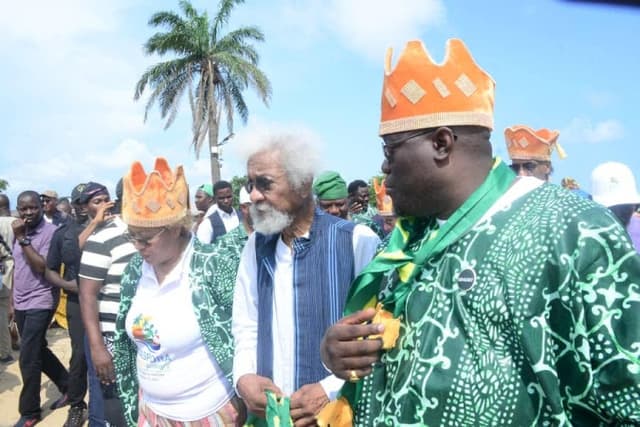
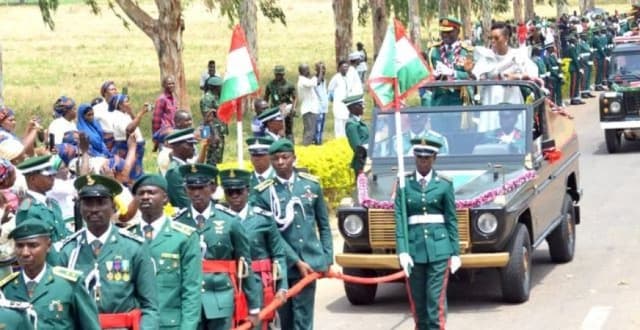
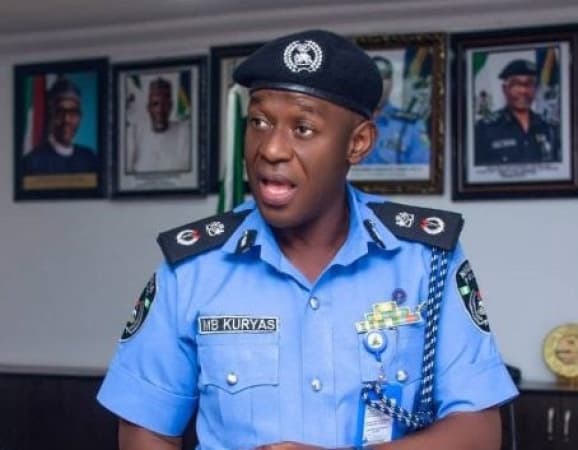
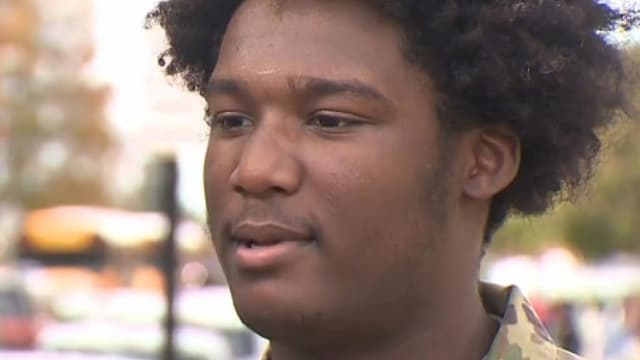

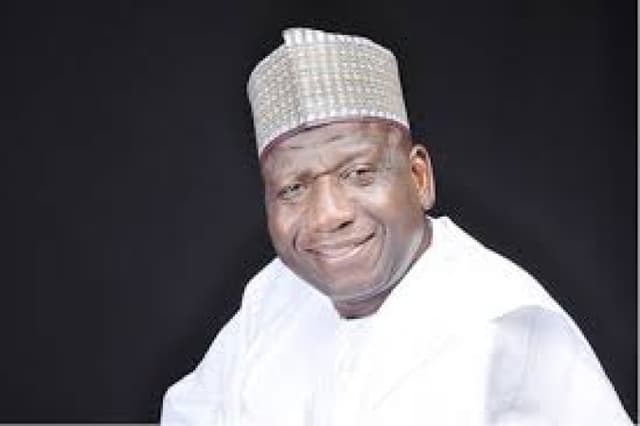
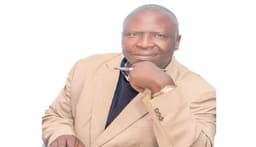
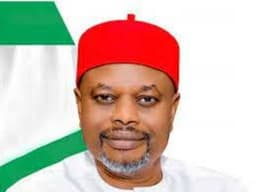
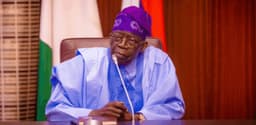

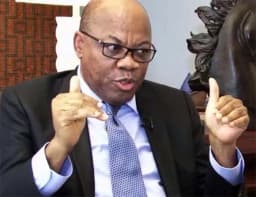
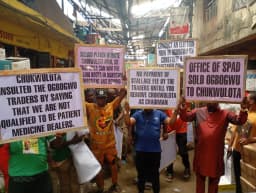
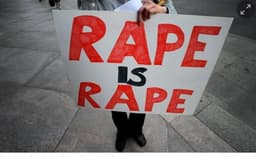
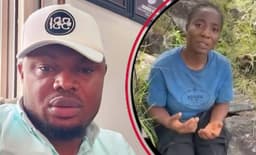
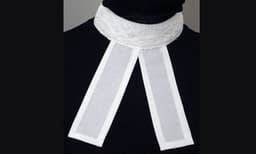
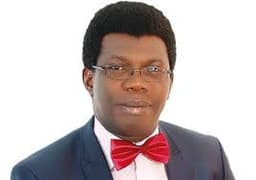
.webp&w=256&q=75)
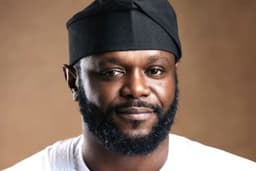
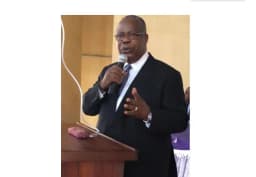
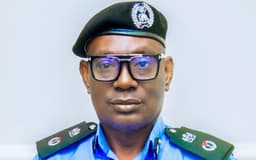
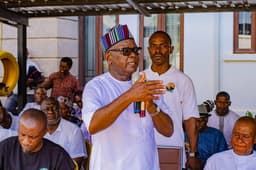
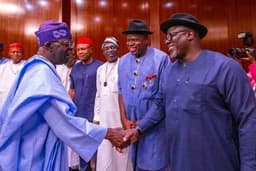
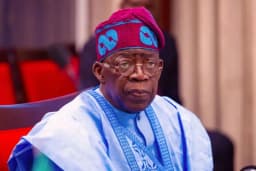
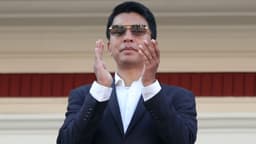
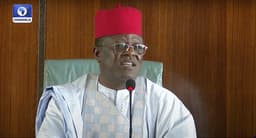
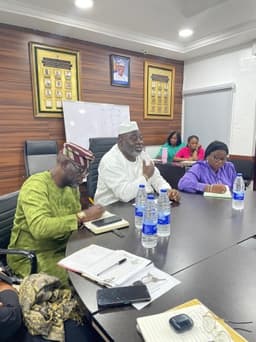

NEWS EXPRESS is Nigeria’s leading online newspaper. Published by Africa’s international award-winning journalist, Mr. Isaac Umunna, NEWS EXPRESS is Nigeria’s first truly professional online daily newspaper. It is published from Lagos, Nigeria’s economic and media hub, and has a provision for occasional special print editions. Thanks to our vast network of sources and dedicated team of professional journalists and contributors spread across Nigeria and overseas, NEWS EXPRESS has become synonymous with newsbreaks and exclusive stories from around the world.